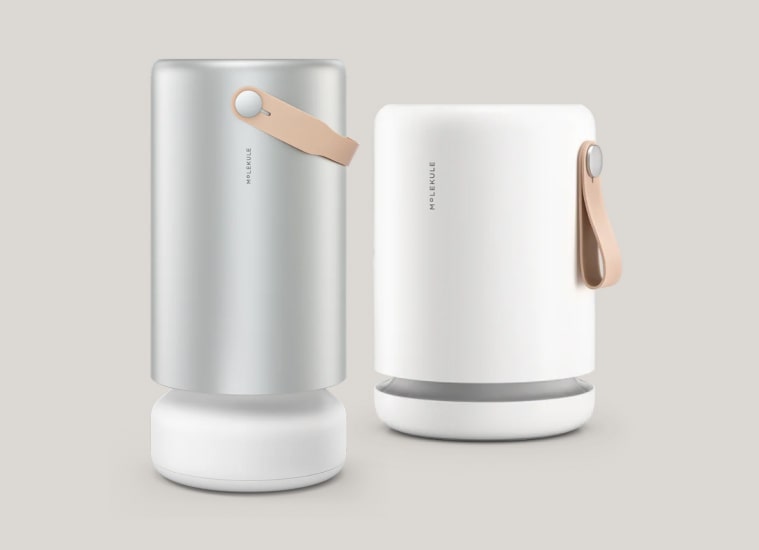How to Effectively Manage Eosinophilic Esophagitis (EoE): A Guide to Diagnosis and Treatment

Eosinophilic Esophagitis (EoE) is a chronic, immune-mediated condition that causes inflammation in the esophagus, making it difficult to swallow and causing discomfort. Often triggered by food allergies, EoE can lead to significant symptoms like pain, difficulty swallowing, and regurgitation. If you’ve been diagnosed with EoE or suspect you might have it, understanding how to manage the condition is key to improving your quality of life. In this post, we’ll discuss the common symptoms of EoE, the most effective treatment options, and how to manage food triggers to reduce flare-ups.
What is Eosinophilic Esophagitis (EoE)?
EoE is an inflammatory condition of the esophagus that involves an overproduction of eosinophils, a type of white blood cell, in the tissue lining of the esophagus. These cells trigger inflammation, causing swelling and narrowing of the esophagus. This inflammation can result in difficulty swallowing, food impaction, and chest pain.
The symptoms of EoE may include:
- Difficulty swallowing (dysphagia)
- Painful swallowing
- Food getting stuck in the esophagus
- Heartburn or chest pain
- Regurgitation
Because the symptoms often overlap with other conditions such as gastroesophageal reflux disease (GERD), it’s essential to get an accurate diagnosis from an allergist or gastroenterologist.
What is the Most Common Trigger for Eosinophilic Esophagitis?
The primary trigger for EoE is food allergies. Foods commonly associated with EoE flare-ups include:
- Dairy products
- Eggs
- Wheat
- Soy
- Fish
- Peanuts
These foods are known to provoke the immune response that leads to the overproduction of eosinophils in the esophagus. For many people with EoE, avoiding these allergens is critical in managing the condition and reducing inflammation.
In addition to food allergies, environmental allergens like pollen, mold, and dust can exacerbate symptoms of EoE. Thus, it’s important to manage both food triggers and environmental allergens to maintain a healthy, symptom-free lifestyle.
What Foods Should You Avoid if You Have High Eosinophils?
When managing EoE, identifying and eliminating food triggers is an essential step. The six foods to avoid for most people with EoE include:
- Dairy Products (Milk, cheese, yogurt)
- Eggs (Especially egg whites)
- Wheat (Including gluten-containing foods)
- Soy (Tofu, soy milk, and other soy-based products)
- Fish (Especially shellfish and finned fish)
- Peanuts (And other nuts)
It’s essential to consult with your healthcare provider or allergist to determine your food triggers. This may involve undergoing allergy testing and keeping a food journal to identify which specific foods cause flare-ups.
How Do You Calm Eosinophilic Esophagitis?
Managing EoE requires a combination of dietary changes, medications, and lifestyle adjustments. Here’s how you can effectively calm symptoms and manage the condition:
Follow an Elimination Diet
One of the most effective ways to manage EoE is through an elimination diet. This involves removing common food allergens (such as dairy, eggs, wheat, and soy) from your diet for a period and then gradually reintroducing them under medical supervision to identify the specific trigger foods. Working with a dietitian can help you plan balanced meals while avoiding problem foods.
Medications
Medications like proton pump inhibitors (PPIs) can help reduce the inflammation caused by EoE. In some cases, topical steroids may be prescribed to decrease eosinophil production in the esophagus. These treatments help alleviate symptoms and reduce the risk of long-term complications like esophageal strictures (narrowing of the esophagus).
Allergy Shots (Immunotherapy)
For individuals with environmental allergies, immunotherapy (allergy shots) may be beneficial in desensitizing the immune system to certain allergens. While allergy shots primarily target environmental allergens, they may also help alleviate EoE symptoms triggered by these allergens.
Proton Pump Inhibitors (PPIs)
PPIs are typically used to treat acid reflux, but they can also help control the inflammation in the esophagus caused by EoE. PPIs reduce acid production and promote healing in the esophagus.
Work with an Allergist
Since food allergies play a significant role in EoE, working with an allergist can be extremely beneficial. Your allergist can help identify your specific food triggers through allergy testing and guide you on how to avoid them.
Living with EoE: Tips for Managing Daily Life
Managing EoE can be challenging, but with the right strategies, you can improve your quality of life. Here are some tips for living with EoE:
Plan Meals in Advance: Preparing meals ahead of time can help you avoid allergens and ensure that you’re eating safe, balanced meals. Always read food labels carefully, especially when eating packaged foods or dining out.
Eat Smaller, More Frequent Meals: If you have difficulty swallowing, eating smaller, more frequent meals can make it easier to manage. Avoid large meals that could lead to discomfort or food impaction.
Stay Hydrated: Drink plenty of water throughout the day to help with swallowing and keep your digestive system functioning properly.
Work Closely with Your Healthcare Team: Regular check-ups with your allergist or gastroenterologist are key to managing EoE. These specialists can adjust your treatment plan as needed and monitor your progress.
Get Expert Care for Eosinophilic Esophagitis in Oxnard
Eosinophilic Esophagitis (EoE) may seem challenging to manage, but with the right approach, it’s possible to keep symptoms under control and lead a healthy life. If you’re struggling with EoE or need personalized advice, contact Allergy, Asthma, and Immunology Medical Group in Oxnard, CA. Our team of expert allergists and gastroenterologists can provide a comprehensive diagnosis and tailor a treatment plan that works for you. Call us today at 805-658-9500 to schedule an appointment and start your journey toward better digestive health and allergy management.




